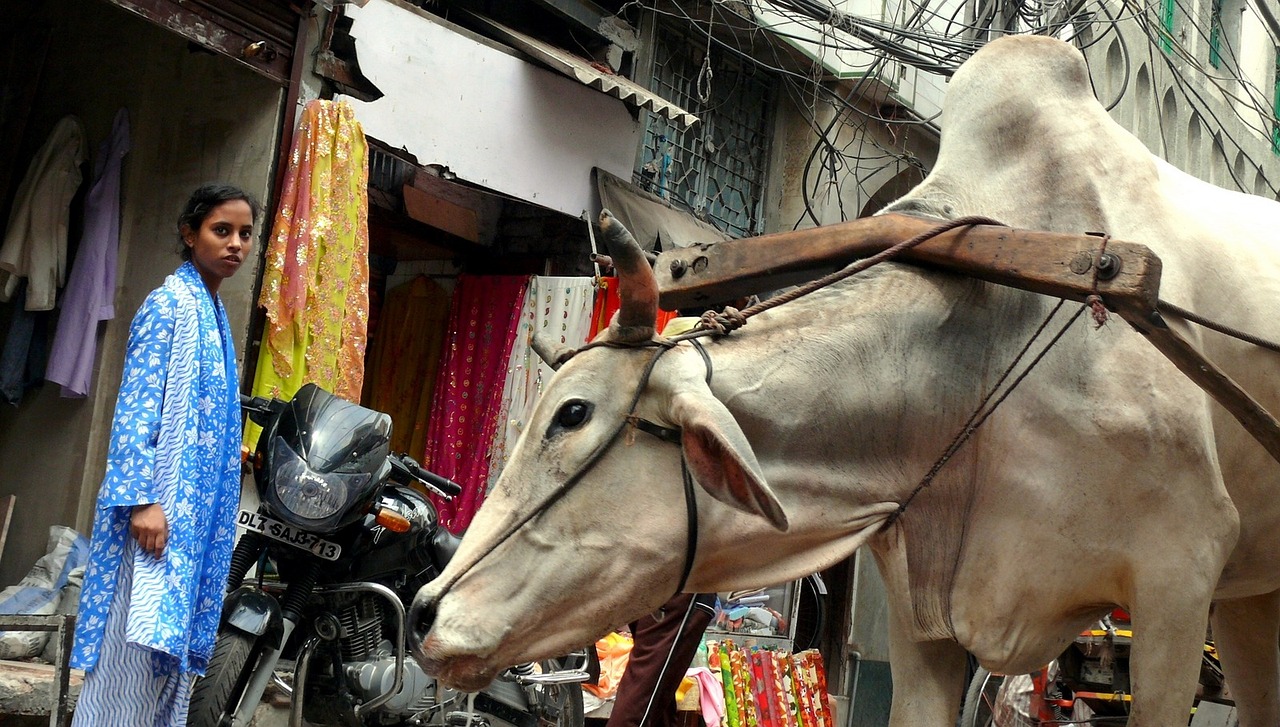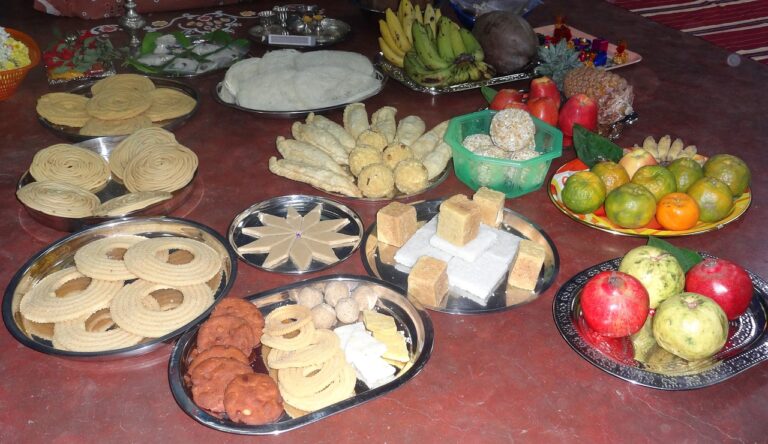Election Observation Missions: International Efforts to Ensure Fairness
Election observation missions serve as critical tools in upholding democratic principles and ensuring the integrity of electoral processes worldwide. These missions are deployed to assess the transparency, fairness, and overall legitimacy of elections in various countries. By monitoring key elements such as voter registration, campaigning, polling procedures, and result tabulation, election observers play a crucial role in promoting free and fair democratic practices.
Furthermore, election observation missions aim to provide an objective assessment of election proceedings, offering recommendations for improvement and identifying areas of concern. The presence of international observers not only highlights a commitment to democratic values but also helps build public confidence in the electoral process. Through their reports and findings, these missions contribute to enhancing accountability among governments and electoral authorities, ultimately striving towards the establishment of credible and transparent democracies.
The Role of International Organizations in Election Observation
International organizations play a crucial role in election observation missions around the world. These organizations provide expertise, resources, and legitimacy to the observation process. By coordinating with local and national authorities, international organizations ensure that elections are conducted in a free, fair, and transparent manner.
Moreover, international organizations help to strengthen democratic institutions and promote good governance by monitoring elections and providing recommendations for improvements. Their presence often deters electoral fraud and manipulation, contributing to the credibility of the electoral process. Ultimately, the involvement of international organizations in election observation helps to uphold democratic values and protect the integrity of the electoral system.
Criteria for Selecting Election Observers
When selecting election observers, it is crucial to consider their impartiality and independence. Observers should not have any personal or professional affiliations that may compromise their neutrality during the observation process. It is essential that they are free from any conflicts of interest that could undermine the credibility of their observations.
Furthermore, election observers should possess relevant experience and expertise in areas such as electoral processes, democracy, and human rights. Having a diverse team of observers with varied backgrounds and skills can enrich the observation mission and provide a more comprehensive analysis of the electoral process. This ensures that the observers are well-equipped to effectively assess the fairness and transparency of the election.
• Election observers should have no personal or professional affiliations that may compromise their neutrality
• Observers must be free from conflicts of interest to maintain credibility
• Relevant experience and expertise in electoral processes, democracy, and human rights is essential for observers
• A diverse team of observers with varied backgrounds and skills can provide a more comprehensive analysis
What is the purpose of Election Observation Missions?
Election Observation Missions are conducted to assess the integrity and fairness of an electoral process, and to provide recommendations for improvement.
What is the role of international organizations in election observation?
International organizations often coordinate and facilitate election observation missions, providing technical assistance, funding, and expertise to ensure the legitimacy of the process.
What criteria are important for selecting election observers?
Criteria for selecting election observers include neutrality, professionalism, experience in electoral matters, language skills, cultural sensitivity, and commitment to upholding democratic values.







